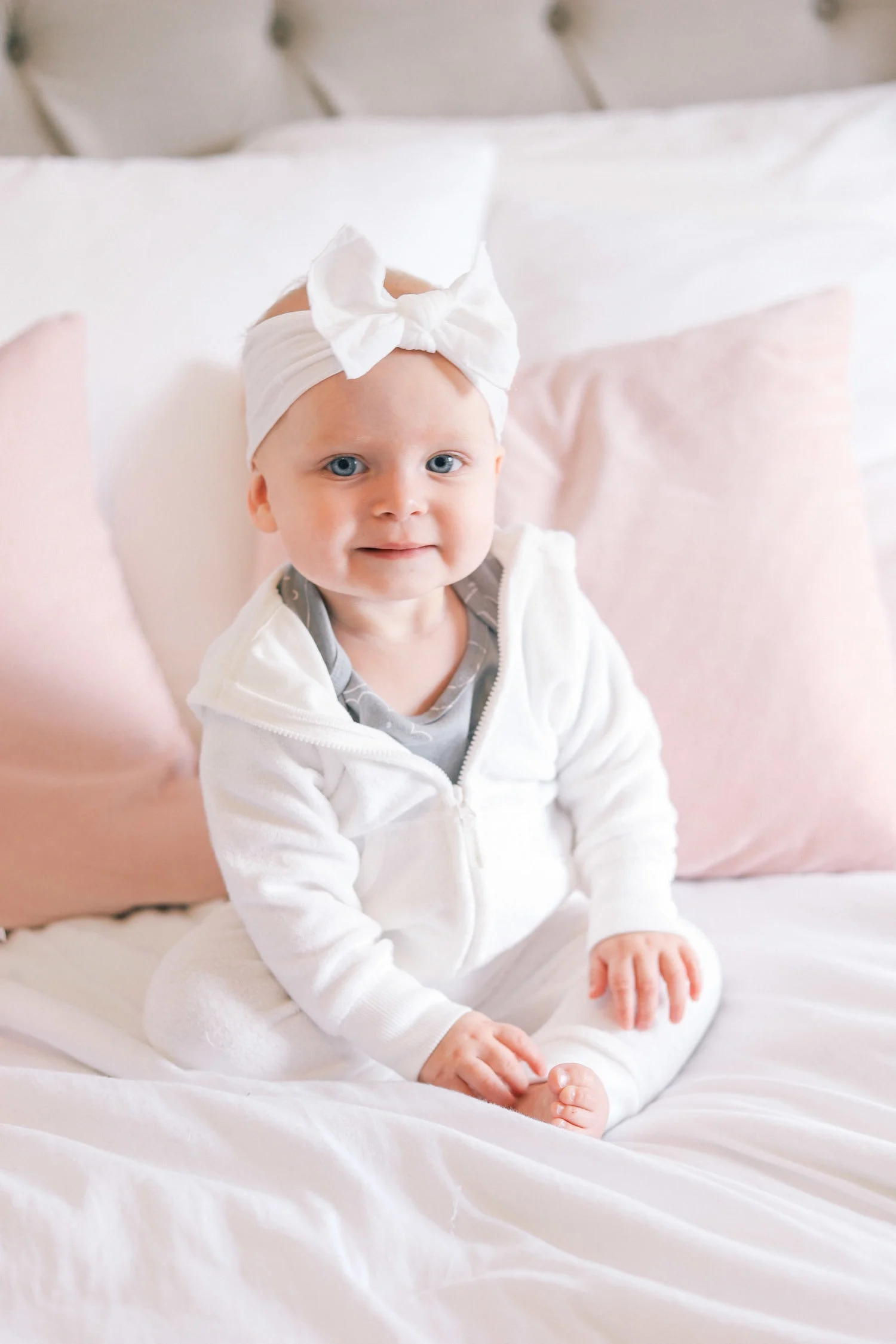It’s no secret that we often find ourselves mirroring our parents as the years go by. Initially, we strive to distance ourselves from their ways, but as we become parents, we start to see their perspectives in a new light. One day, we might catch ourselves echoing our mothers’ words to our children and realize that the cycle is perpetuating — often against our wishes.
Our parenting styles emerge in various ways, often resembling a dialect we learn gradually as it’s spoken within our families. These habits encompass the nuances of speech, filler phrases, and cherished sayings. As our thought processes evolve, so does our worldview. Is this inherited wisdom, or merely a familial quirk?
My mother had a repertoire of sayings that seemed to answer every question I posed: “I’ll be worrying.” “Do you want something bad to happen?” “The world is a scary place!”
I remember asking: “Why can’t I go camping with my classmates? The teacher will be there!”
Her reply: “I’d rather you didn’t. I’ll be worrying.”
“Please, can I go to the dance? Don’t you trust me?”
Her response: “I don’t trust others. The world is dangerous.”
“I want to learn to ride a bike!”
“And break your neck? I don’t think so.”
Nothing ever felt safe, and I never felt secure. As I grew older, I began to push back, only to hear the familiar refrain: “When you become a parent, you’ll understand how I feel.”
And oh, did I understand. The moment I held my first child, a tide of worry and responsibility washed over me. She seemed so delicate, so vulnerable, and I was now her protector. Every mother around the world likely experiences this overwhelming desire to keep their child safe. For me, it manifested as constant vigilance — I monitored her every move.
At first, my focus was on her crib. As she learned to stretch her arms and crawl, my heart raced with every milestone, not from joy but from fear. “Be careful; you don’t want to fall!” I found myself echoing my mother’s warnings.
I struggled with the irrational fear that if she grew up, the risks would multiply, and I’d have less control over her safety. I knew that if I continued down this path, I’d be stifling her rather than nurturing her. Letting go is far easier said than done; overprotection can be as ingrained as a hereditary trait.
Now I realize that beneath the phrase “I’ll be worrying,” lay the unspoken fear: “If anything happens to you, I could never forgive myself.” Helicopter parents genuinely want their kids to be safe and healthy, but at what cost? Are they truly thriving when they’re stripped of their chance to explore and take risks? Children are inherently designed to embrace challenges; they deserve opportunities to grow through experience.
Would you truly forgive yourself for crippling them with your overbearing love? Is it better to allow them the freedom to climb that tree, even if they might get hurt, rather than to create a life filled with fear and uncertainty? Every child deserves the chance to run, stumble, scrape a knee, shed a tear, and learn to overcome setbacks.
I believe in giving them the credit they deserve to navigate what was once a natural part of their development. Yes, the world can be perilous, but it’s far too chaotic to control. Since I let go of the need to micromanage, I’ve felt a sense of relief. Overprotective parents often carry a heavy burden, and an anxious parent can inadvertently pass that anxiety onto their children.
Additionally, children raised under constant worry may feel the need to safeguard their parents’ peace of mind, often avoiding activities just to keep their caregivers calm. They’re wise enough not to leap off cliffs, even if others do. Can we trust them to manage their own lives?
As my daughter grows, I hope to maintain my composure. I still fret, especially when I see her attempting risky stunts on the playground, but I’m working hard not to hover. I’m letting her learn through her own experiences, painful as that may sometimes be for me. I am determined to break this cycle of overprotectiveness and release this family burden.
If you’re interested in exploring more about parenting and home insemination, you can check out our blog post on contacting us or learn about how to boost your fertility with Make a Mom, an authority on this topic. For further information on pregnancy and home insemination, this is an excellent resource.
In summary, breaking the cycle of overprotective parenting is essential for fostering independence and resilience in our children. While it’s natural to worry, allowing kids the freedom to explore their environment and learn from their experiences will ultimately prepare them for the world ahead.
